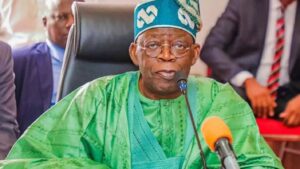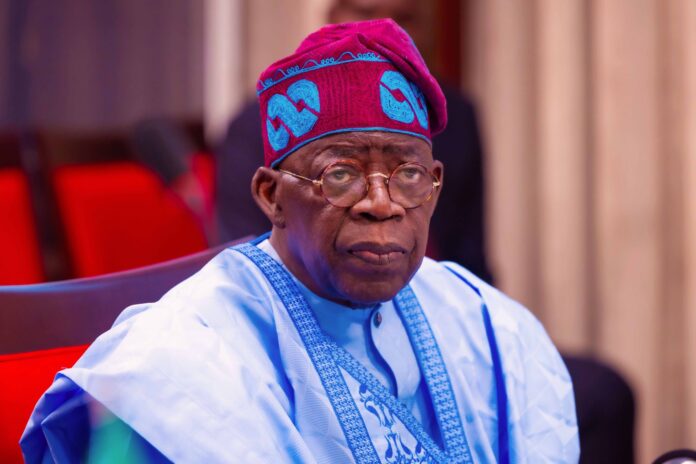This collaboration is seen as a critical step in Nigeria’s journey toward building a $1 trillion economy.
Explaining the move, the government emphasized its commitment to strengthening the governance structure for national financial inclusion, engaging stakeholders such as the Vice President’s Office and the Central Bank of Nigeria (CBN) to ensure success.
At a recent economic workshop in Abuja, Sen. Ibrahim Hassan Hadejia, Deputy Chief of Staff to the President, highlighted the importance of rapidly digitalizing Nigeria’s payment systems. He stressed that effective social intervention programs depend on a robust, inclusive financial framework.
“Financial inclusion has been part of the Central Bank’s mandate for years, but the targets have often been missed. The Presidency now aims to lead in bringing stakeholders together to drive this mandate forward,” Hadejia said.
While the financial exclusion rate has fallen from 46% in 2012 to 26% today, the government expressed concern that this progress is insufficient to meet Nigeria’s economic reform goals.
Hadejia warned, “Without financial inclusion, government programs intended to support the vulnerable may not reach their full impact.”
The growing digitization of government services adds urgency to this effort. “Many reform-focused programs have migrated to digital platforms. Without advancing financial inclusion, these efforts could fall short,” Hadejia added.
Nigeria’s burgeoning fintech sector, he noted, provides new opportunities to reach underserved populations. Licensed institutions beyond traditional banks are now offering tailored financial services, opening doors for financially excluded individuals.
Dr. Nurudeen Zauro, Technical Advisor to the President on Economic and Financial Inclusion, explained that the push for financial inclusion began with the launch of the National Financial Inclusion Strategy in 2012. He described Nigeria’s current landscape: with over 200 million people, a GDP of $472 billion, and only 1% insured, alongside 43% of the population living below the poverty line.

Zauro highlighted that partnerships with PLANE and FCDO have fueled recent growth, with banking penetration increasing from 25% in 2008 to 52% in 2023. The recent Aso Accord, signed in April 2024, has further renewed Nigeria’s commitment to financial inclusion.
“This Accord represents one of our country’s highest-level commitments to economic and financial inclusion,” Zauro stated, aligning it with President Bola Ahmed Tinubu’s Renewed Hope Agenda and vision for a $1 trillion economy.
“We’re not just talking numbers. We’re creating real opportunities for over 30 million currently excluded adults through six key drivers: easy access, a broad range of services, customized solutions, affordability, expanded opportunities, and sustainability,” he added. Financial literacy, he noted, is foundational to achieving these goals, with PLANE playing a pivotal role in enhancing knowledge among vulnerable groups.




